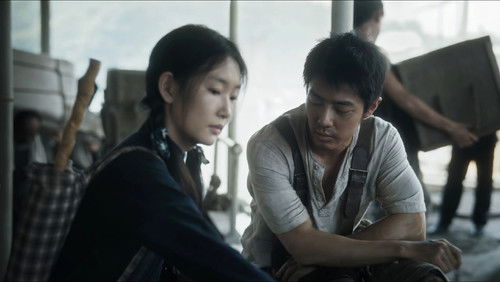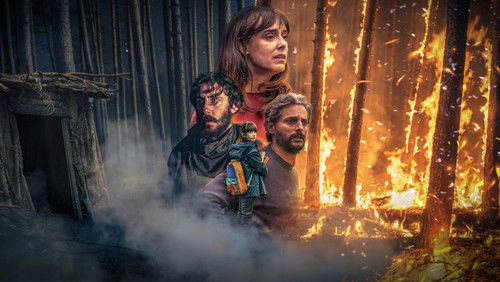Fruit of Paradise (1970)
45KFruit of Paradise (1970). 1h 39m
“Vera Chytilovau0026#39;s Fruit Of Paradise, is a lost masterpiece of a film. Lost because Chytilova was not permitted to make any films for decades, after her first film Daisies(another gem), was censored and banned by the Soviet/Czech government. These films show us a new language in cinema, that never got to develop. Her use of sound alone in this film puts her on par with Godard and Leone, her use of color is unlike anything I have ever seen(the first 10 minutes in Eden are a luminous collage of images, patterns, and live actors), and her sense of story(arguably her least accessible trait) is like Bunuel or Svankmajor(her fellow Czech), albeit with a distinctly feminist, whimsicle, slapstick bent.u003cbr/u003eu003cbr/u003eThe story is an allegory of Adam and Eve, in a modern(made in 60u0026#39;s) Health Retreat. The action involves our heroin wandering the grounds where she becomes obsessed with a mysterious man in red, who may or may not be a killer. What follows is a fragmented story of awakening, itu0026#39;s pains and pleasures, but donu0026#39;t look more literally than that, like Lynchu0026#39;s Inland Empire, itu0026#39;s best to view this film topologically(on the surface), as an aesthetic object like a painting, rather than a cinematic tool for conveying a u0026quot;messageu0026quot;. Not that you cant or shouldnu0026#39;t get anything more out of this film, than a lesson in the expansive possibilities of film-making itself, but you get out of it, what you put into it. If you want to just watch the pretty colors, itu0026#39;s got that, if you want to argue about u0026quot;ontological freedom and meaningu0026quot;, you could use this film as a trampoline, but that role rests here on the viewer.u003cbr/u003eu003cbr/u003eChytilovau0026#39;s filmu0026#39;s however cannot be accurately described by text, they have to be viewed, listened to puzzled over, drank with(a glass or two of wine), and then viewed again. If your looking for a novel experience in a sea of modern cinematic redundancy, the Fruit Of Paradise, is the food for you. If you want to watch realistic characters, exchange in pseudo-naturalistic dialoge about modern issues of social import, u0026quot;Crashu0026quot; can be found at your local blockbuster, if youu0026#39;ve watched Maya Deren, Luis Bunuel, or Kenneth Anger, and said, why canu0026#39;t there be more films like this; then Netflix, steal, beg, borrow,(or try your local library), but find this film. That goes double for Chytilovau0026#39;s first film Daisies, which is as adventurous as this, but is more slapstick to this films baroque; basically a lot more fun.”









